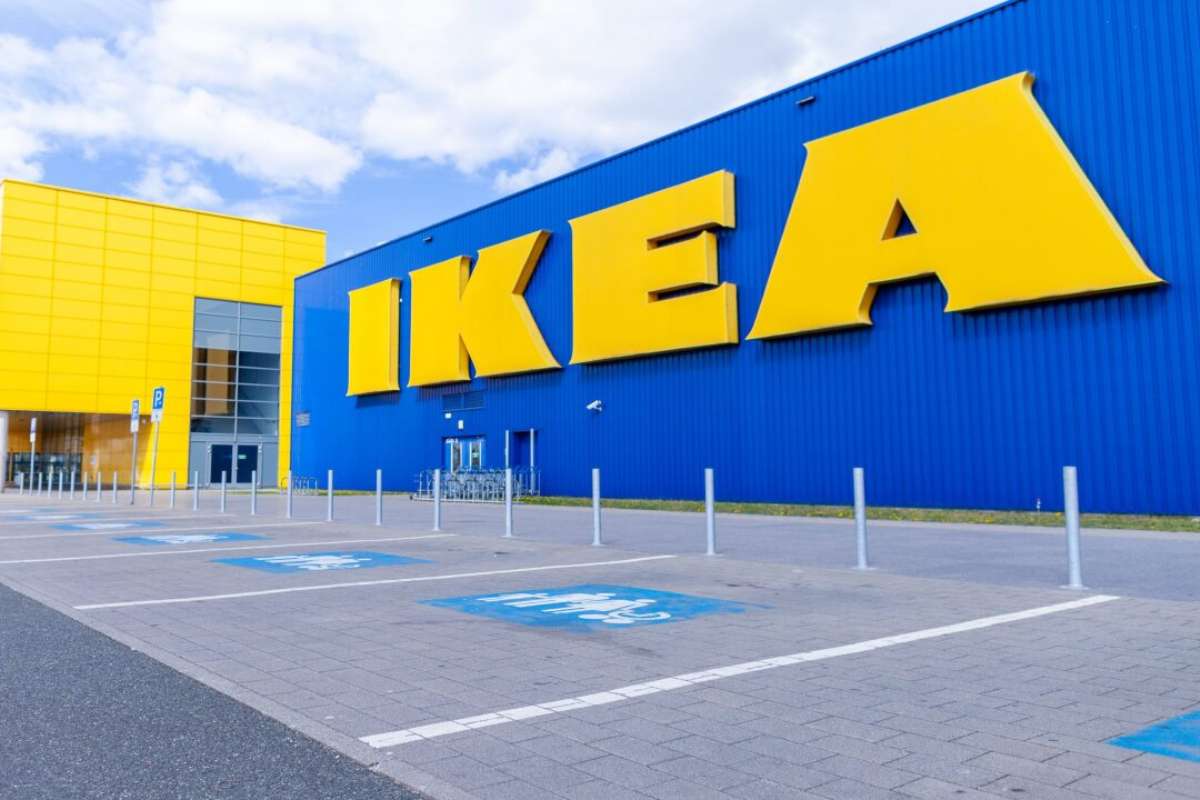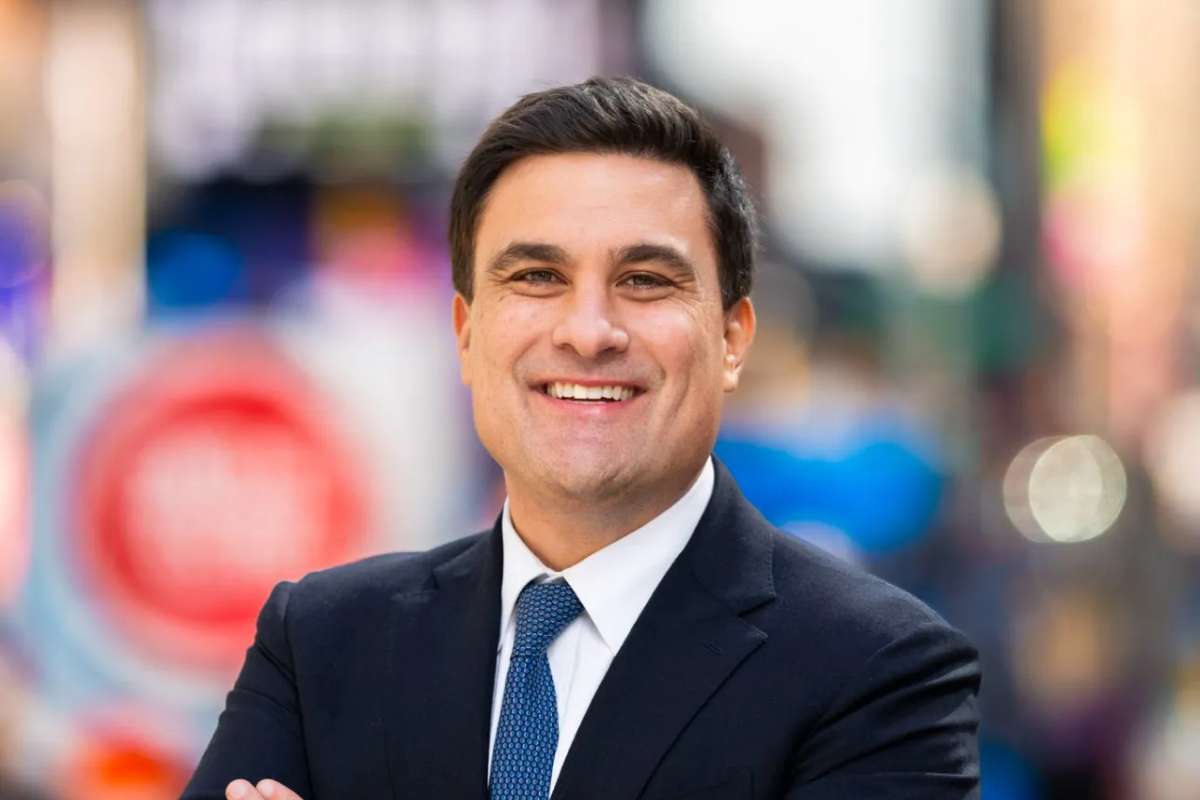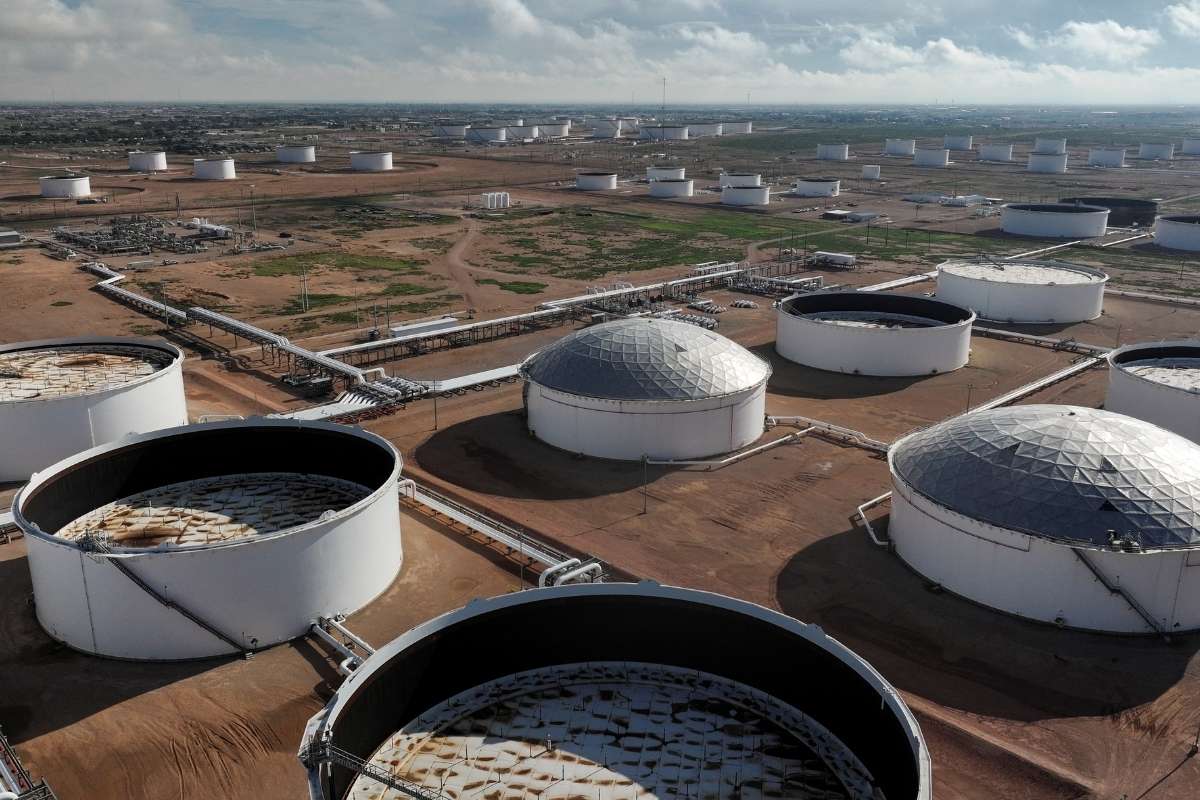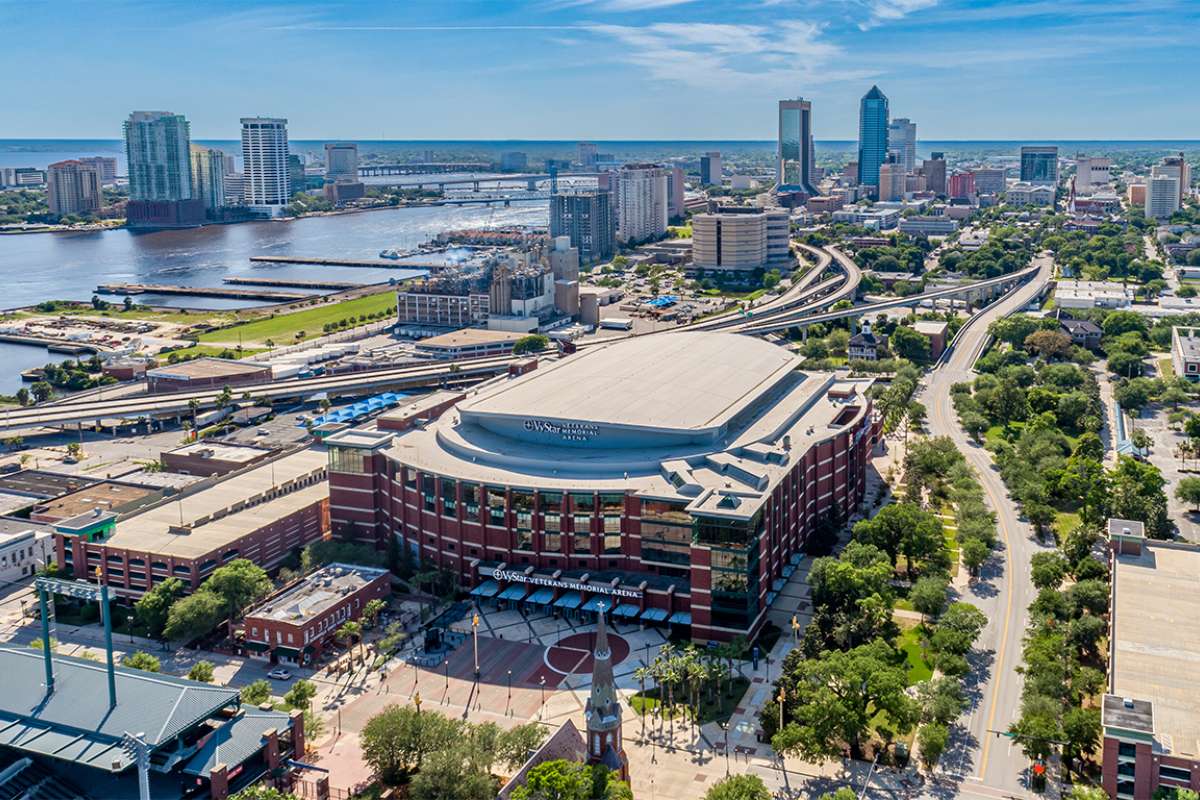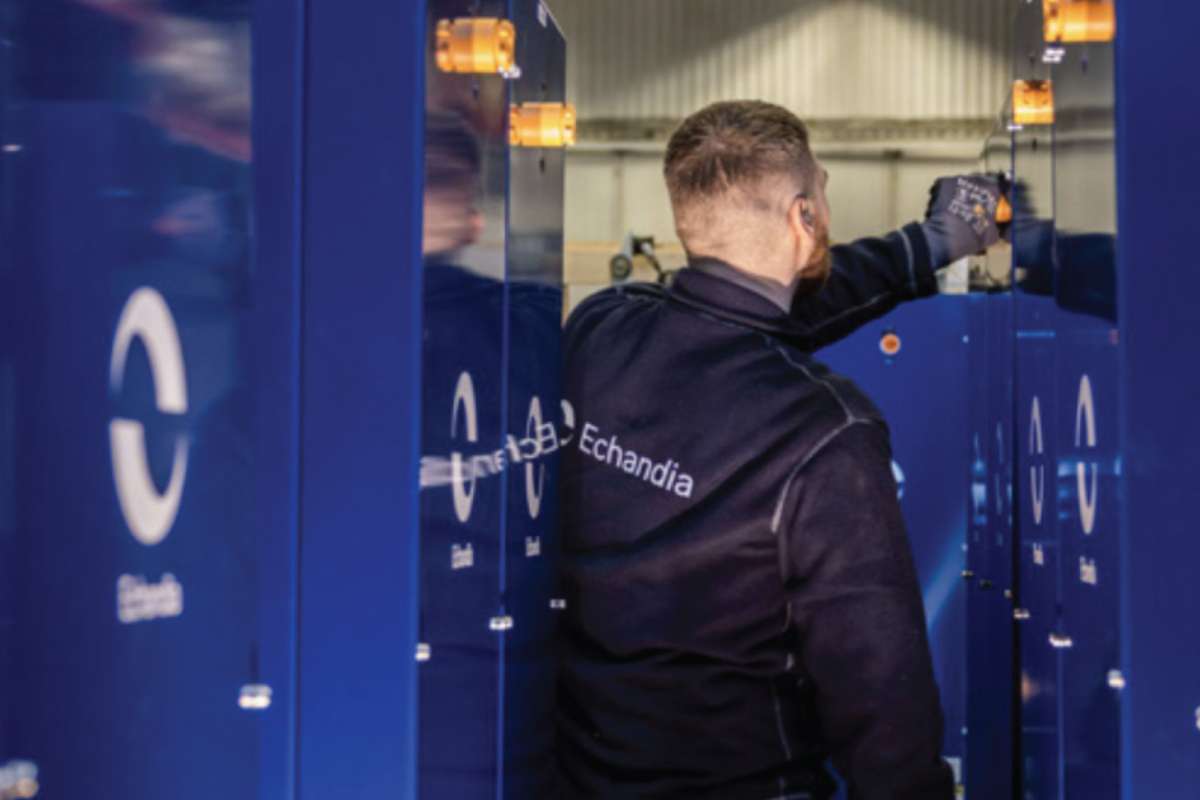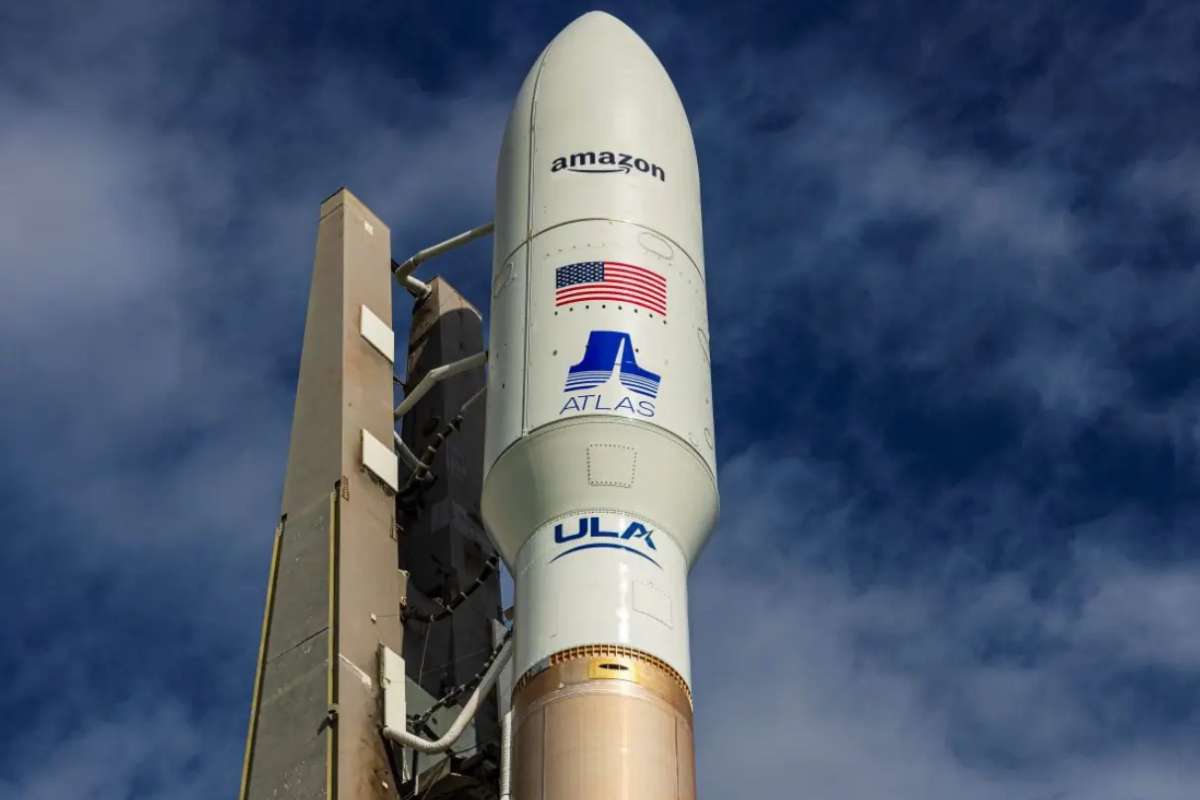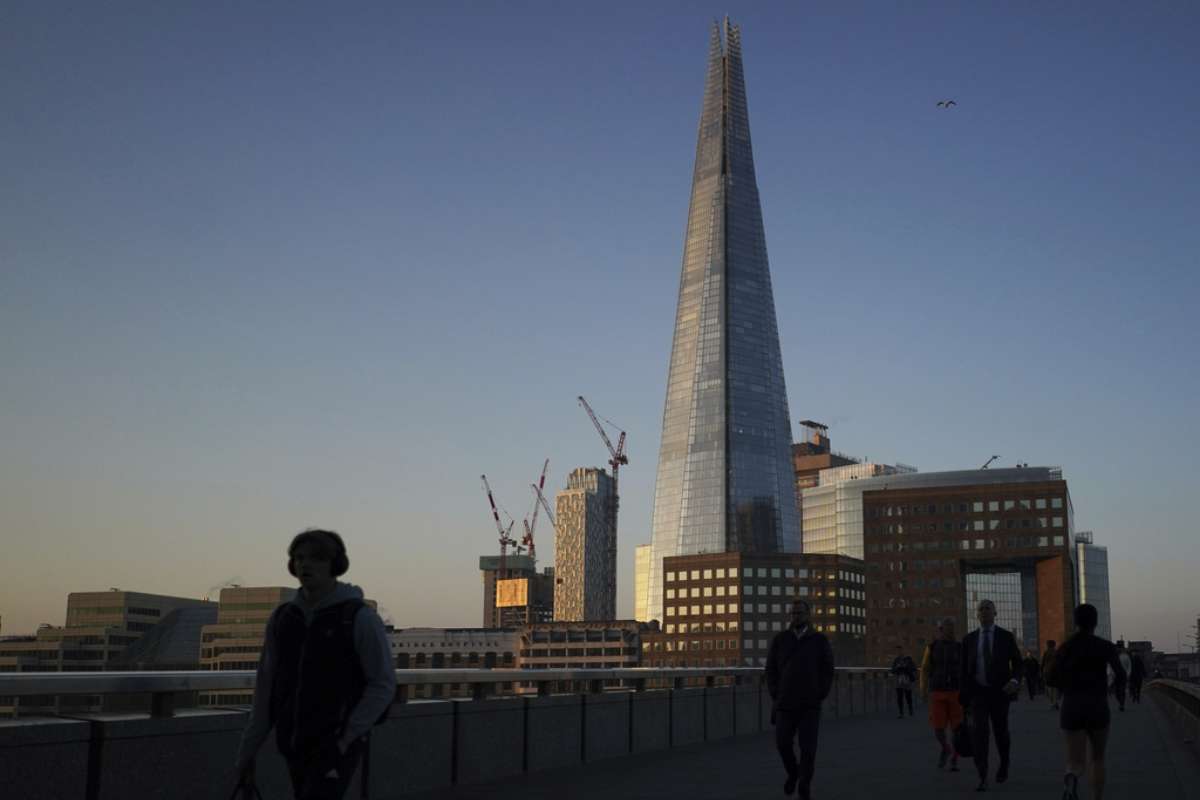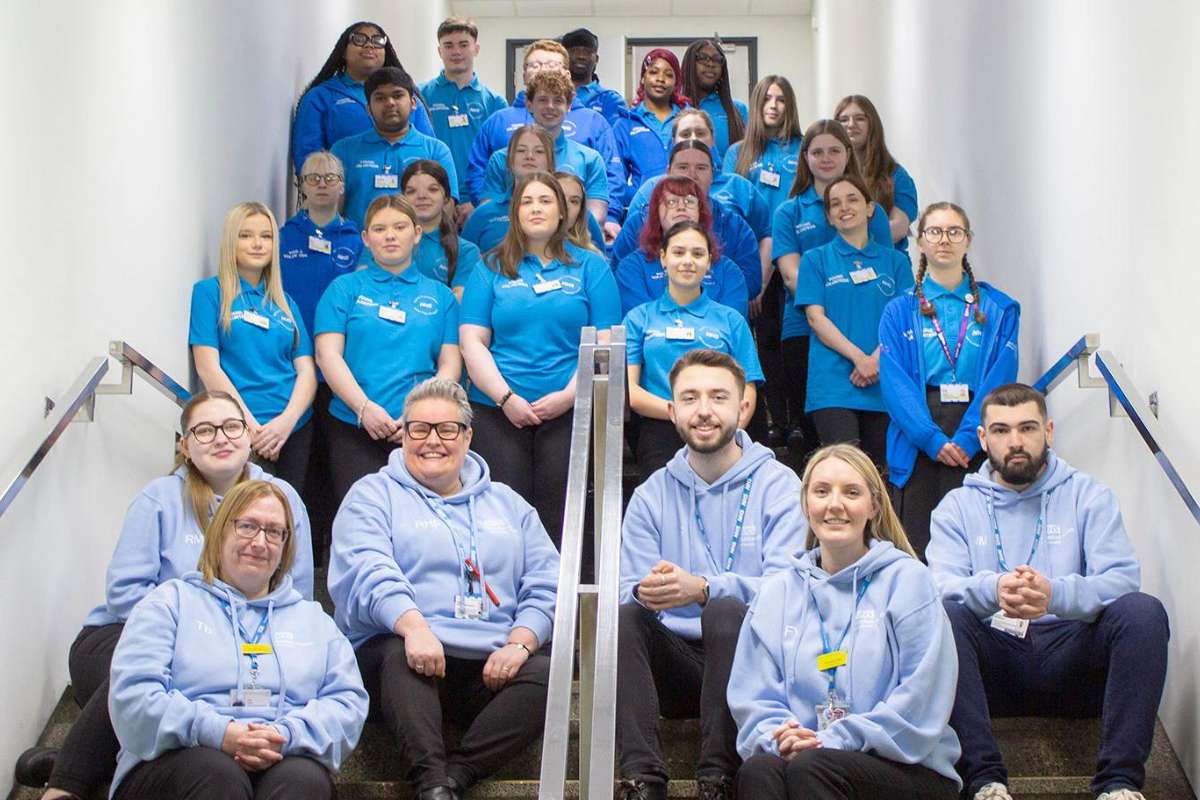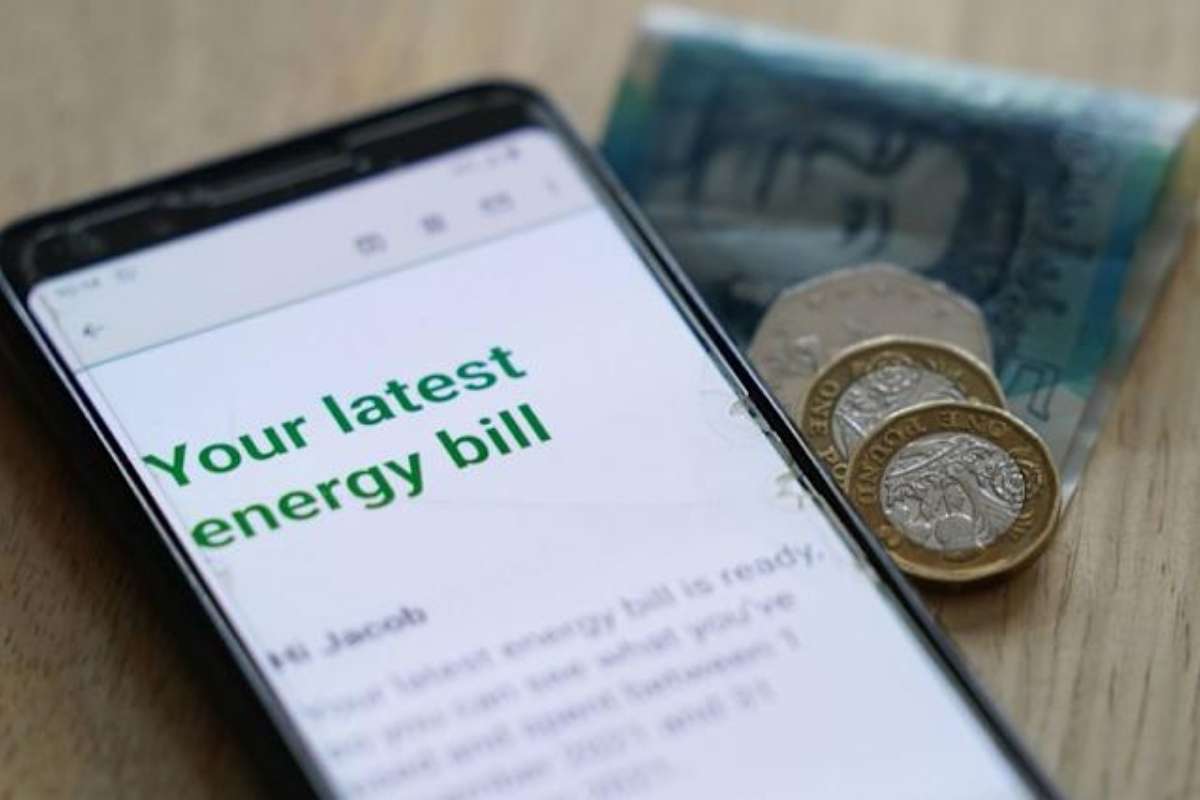Tariffs and Their Impact on Ikea’s Prices
The CEO of Ingka Group, the company behind Ikea furniture stores, has voiced concerns about the potential impact of tariffs on maintaining affordable prices. Jesper Brodin explained that the planned import levies by President-elect Donald Trump pose challenges for international businesses and trade. Speaking ahead of the opening of Ikea’s pop-up store on London’s Oxford Street, Brodin noted that tariffs could ultimately increase costs for customers.
Brodin stated that maintaining low prices is a fundamental goal for Ikea, but tariffs complicate this effort. He emphasized that periods of high tariffs have never been beneficial for Ikea or the global economy. Despite this, he acknowledged that such external factors are beyond the company’s control and stressed the need for adaptation.
Trump’s Tariff Proposals and Reactions
Trump’s proposed tariffs include significant hikes on goods imported from Mexico, Canada, and China. On Monday, he announced an additional 10% tariff on Chinese goods, citing the need to address the flow of illegal drugs into the United States. These tariffs have sparked warnings from officials in Mexico, Canada, and China about potential economic harm to all involved parties, including the U.S.
Mexico’s President Claudia Sheinbaum criticized the tariffs, warning that they could escalate retaliatory measures and jeopardize shared economic enterprises. Similarly, U.S. business groups have expressed concerns. Tom Madrecki, a vice president at the Consumer Brands Association, described the tariffs as a major threat to the retail and consumer goods industries.
Ikea’s Global Production and Supplier Relationships
Approximately 70% of Ikea’s products are manufactured in Europe, with the remaining 30% produced in Asia, primarily in China. When asked about relocating production due to the tariffs, Brodin highlighted Ikea’s commitment to its long-term supplier relationships, which average more than a decade.
Last year, Ikea reduced prices on around 2,000 products, investing over €2 billion to provide relief to consumers affected by inflation. This strategy resulted in a decline in annual revenue in monetary terms, even though the volume of items sold increased.
Ikea’s Expansion in London
Ikea is set to launch a pop-up store, called Hus of Frakta, on London’s Oxford Street, inspired by its iconic blue shopping bags. The pop-up will allow visitors to customize their own Frakta bags and purchase a curated selection of around 100 Ikea products.
Next spring, Ikea plans to open a permanent store in the same location. Spanning three floors, the new store aims to deliver a comprehensive Ikea shopping experience, including its famous meatballs. This expansion is part of Ikea’s strategy to reach urban customers who may not be able to travel to its larger outlets in Wembley or Croydon on the outskirts of London.
Ikea purchased the former Topshop building for £378 million two years ago and has since been renovating the historic seven-story structure, which is over a century old.
By targeting central London shoppers, Ikea aims to make its products more accessible to customers who prefer city-center convenience over suburban travel.

